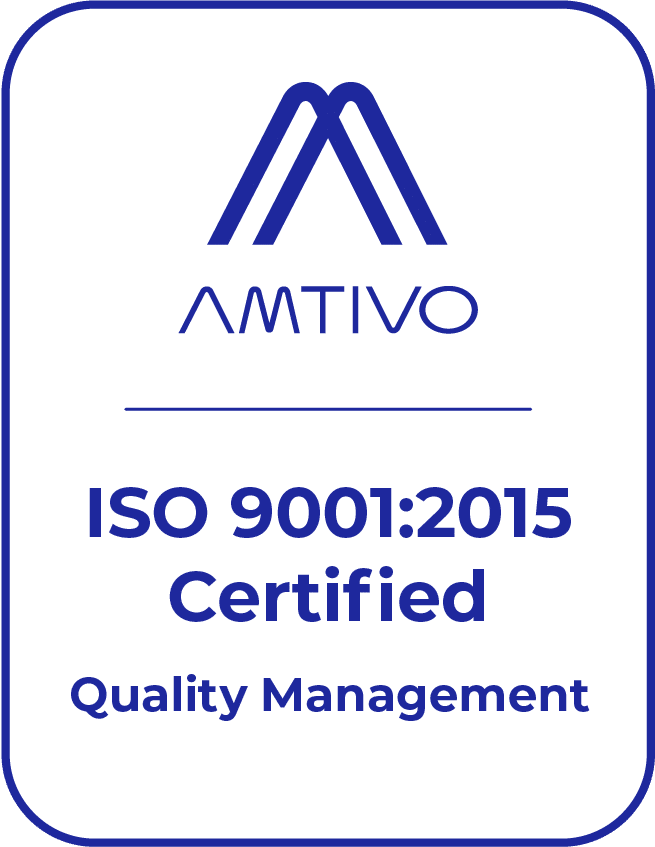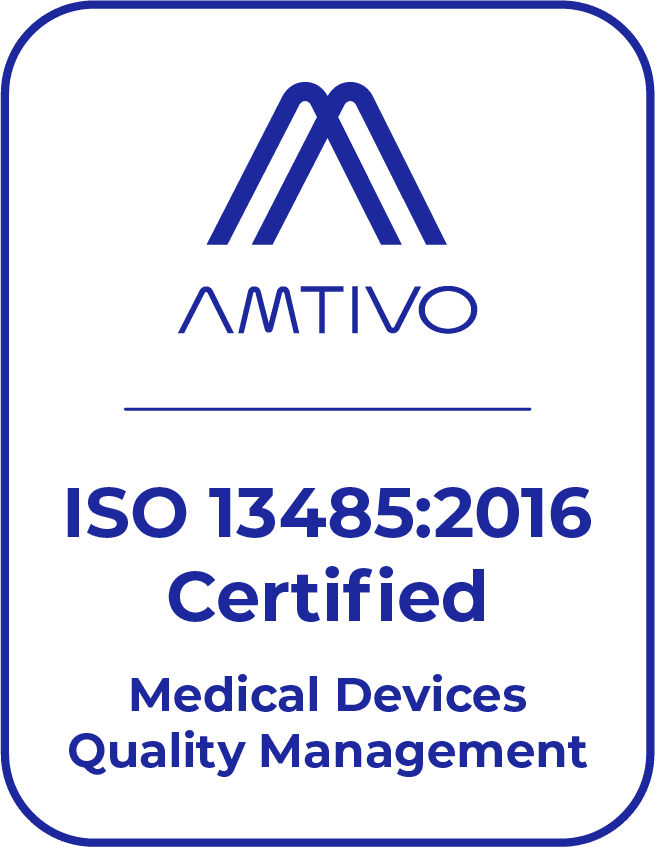Defining Electro Polishing
Understanding Electro Polishing
Definition Of “Electro”
Electro comes from the word electricity, which is the production or transmission of electric currents.
Definition Of “Polishing”
Polishing in the machining world of production, is defined as the process of making a surface smooth and shiny by scrubbing or rubbing it using a chemical compound or mixture. If you have ever looked at a metal surface up close, or magnified by a thousand times, you can see debris from other metal like iron and dyes or microscopic debris that looks like valleys up close.
Most companies like semiconductor labs or medical device manufacturing plants, have very strict standards in order to pass Quality Assurance Engineers approval. Because microscopic debris on metal in a production facility for microchips can cause the loss of a large amount of product, since the surface area of workspaces has to be in what’s called a vacuum, or Ultra High Purity room.
Why It’s Called Electro Polishing
The correct spelling is actually electropolishing, without the space in between ‘electro’ & ‘polishing’.
We have combined these two words because at Celco, Inc, we do something that involves the chemical polishing of metal so that even with a magnified lens of up to one thousand times, we can use a chemical solution which parts and pieces of high vacuum surfaces such as tanks, pipes and valves, and even stainless steel art or monuments… can be polished so well that the metal becomes passivated. Learn what passivation is.
Benefit Of Electro Polished Metal Surfaces & Parts
After a metal is electro polished to a microscopic level, it is often polished better than it was when it was brand new.
The strength and resilience of such finely polished metal is beneficial to business owners and quality assurance audits because there is less chance of friction in the manufacturing process, which can reduce yield times and in industries like food production, can cause a major loss of product.




Leave a Comment